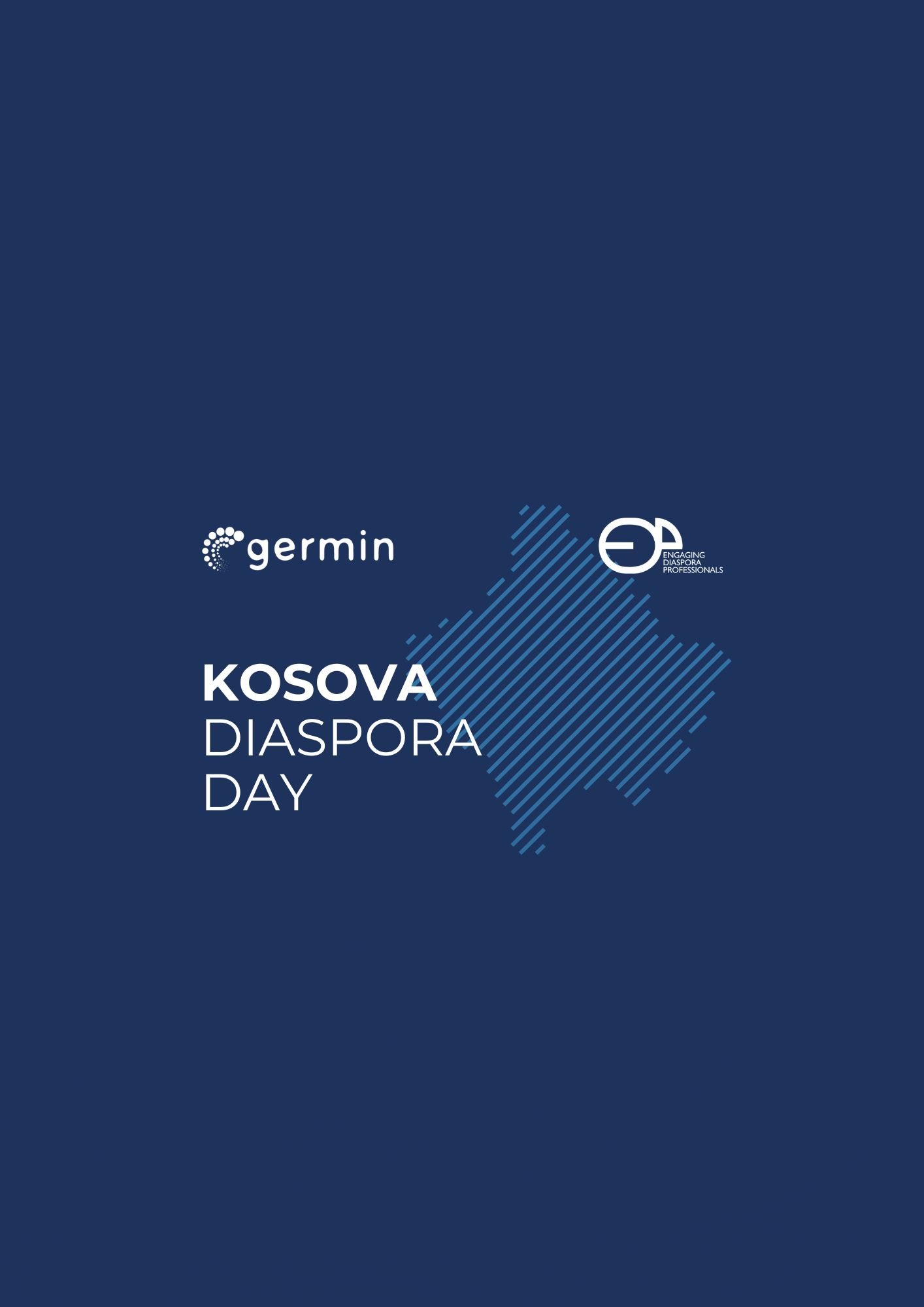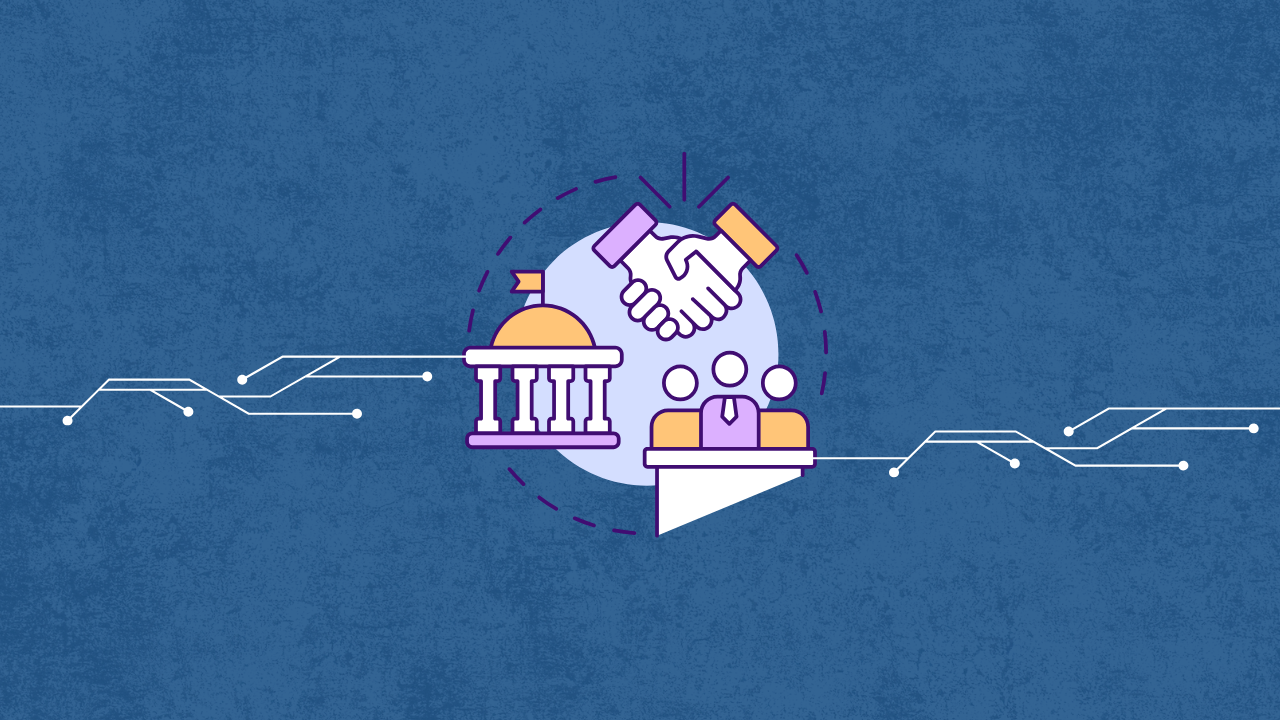Public diplomacy, especially digital diplomacy, is one of the main instruments that states use today to promote their interests, values, and identity. Albania, Kosovo as states but also their citizens at home and diaspora abroad face many challenges, including the challenge of promoting identity, culture, values, and interests, and above all overcoming prejudices and negative image.
How can public and digital diplomacy enhance Albania’s and Kosovo’s international image and improve its international standing? What does Public (including the use of internet resources – Digital Diplomacy) mean for Albanians in the 21st century? What are the key features around which Albania and Kosovo should brand their nation? To discuss these questions, as part of the DiasporaFlet 2020, a panel on public and digital diplomacy was held with distinguished speakers, including: Mr. Ditmir Bushati, Albania’s foreign minister, Mrs Lendita Haxhitasimi, Kosovo’s Ambassador in Rome, Dr Ermelinda Kanushi, Albanian researcher in Germany, and Mr. Drilon Gashi, policy consultant in the United States of America.
Public diplomacy in the digital age is an essential feature of modern statehood. Mr. Bushati highlighted that since we live in the world of algorithms and disinformation it is crucial to utilize digital diplomacy not only to promote our national values and identity but also defend our fundamental interests. In particular, national progress can be undermined by fake news and ill-intended disinformation campaigns coming from abroad. While for Albania the function of public diplomacy has been most in promoting national values and enhancing its international position, for Kosovo public and digital diplomacy has had a slightly different function. Mrs. Haxhitasimi argued that changing and promoting Kosovo’s international image through public and digital diplomacy has been key to the work of Kosovo’s foreign service since its inception a decade ago. Found in unique circumstances, public and digital diplomacy has enabled Kosovo to overcome many obstacles posed by traditional diplomacy in the quest for consolidating its international position by expanding diplomatic recognition and membership of international and regional organizations. More than in other instances,
Moreover, Mr. Bushati emphasized that the self-organizing capacity of the Albanian Diaspora to promote national values, identity, and interests has been a distinct feature of Kosovo’s and Albania’s public and digital diplomacy. He highlighted that crucial for the success of any public and digital diplomacy is mobilization and multiplication of role models and agents of change at home and in Diaspora who will channel national values and promote identity. Mrs Haxhitasimi added that a key feature of Kosovo’s public and digital diplomacy has been working with members of Diaspora to advance the country’s foreign policy goals and promoting new state identity.
Thus, one of the core features of Albania’s and Kosovo’s public diplomacy has been the promotion of successful stories and personalities of Albanians in Diaspora as a way to improve their own image and standing internationally.
Yet, there was a wide consensus among the panel members that for public and digital diplomacy to work there must be stable political institutions at home. For Mr. Bushati, Albania’s and Kosovo’s public and digital diplomacy regardless of how well it is pursued or promoted will always be affected by domestic political and social developments. Thus, national progress is essential for the effectiveness of any public or digital diplomacy. Along the same lines, Mrs. Haxhitasimi added that digital diplomacy is effective when there is what to report and promote internationally.
Diaspora communities have emerged as an important asset for small nations to promote their identity and interests abroad. On the question of how to mobilize the Albanian Diaspora to promote national values and interests, Mr. Gashi highlighted that each and every member of Albanian community abroad are ambassadors of our countries and their successes indirectly enhance cultural image in the world. In particular, established Diaspora communities and those residing temporarily abroad, such as students, can play a vital role in promoting from distance national identity and values. In this regard, it was stated by all panel members that the role of Albanian Diaspora has been indispensable in overcoming prejudice and the negative image of Albania and Kosovo in the world. Though, Mrs. Haxhitasimi admitted that there is more scope for diplomatic services of Albania and Kosovo to identify and work with the Diaspora in promoting national values and interests and to coordinate activities for enhancing. For Dr Kanushi, the best way forward for promoting our national values and interests is a combination of organized and spontaneous campaigns on digital platforms. Though to do that, Dr Kanushi highlighted that we need to have a global survey of how other nations perceive Albanians and their identity. She pointed out that we need in particular to identify what are the positive and negative perceptions about Albanians in the world and set indicators to measure the improvement of our international image in the world.
Finally, central to public and digital diplomacy is nation branding campaigns as anchoring features of any successful effort for promoting identity, values, and interests abroad. All panel members agreed that Kosovo and Albania need to identify their national branding and through structured and organized digital and public campaigns promote economy and culture. Dr Kanushi highlighted that Key features of Albania’s and Kosovo’s nation branding should be religious tolerance, hospitality, nature and food. Mrs Haxhitasimi shared a similar view, arguing that while Kosovo’s public and digital diplomacy is widely dominated by political topics related to its domestic and international status, it should focus more on promoting cultural heritage, our nation’s struggle for freedom and independence, and human capital. Mr. Gashi added that with limited economic and military power, the strength of Kosovo and Albania are its people who are the most effective catalysts for success in the international stage. Finally, Mr Bushati argued that the focus of Albanian public and digital diplomacy should first and foremost be self-recognition, namely the greater cultural integration of Albanian communities living across the Western Balkans and beyond. He also highlighted that good governance should be a national priority which can become an important international branding that will not only promote culture and identity but also promote foreign investments and socio-economic progress. In achieving good governance at home, Diaspora is a vital agent of change because of its influence at home and embodiment of good virtues.
In conclusion, this panel discussion revealed that both Albania and Kosovo need to work together to develop a more structured and evidence-based public diplomacy centred around a set of branding attributes, such as tolerance, hospitality, nature and food, and human capital. However, enhancement of international image and prestige needs to go hand in hand with democracy and good governance at home as well as greater recognition of Albanian Diaspora contribution for national development and international affirmation.
About the author: Dr Gëzim Visoka is Associate Professor of Peace and Conflict Studies at Dublin City University (DCU). He holds a PhD in Politics and International Relations from DCU. His research focuses on post-conflict peacebuilding and statebuilding, transitional justice, global governance, foreign policy, and diplomatic recognition. Dr Visoka is the co-editor of the forthcoming ‘Oxford Handbook of Peacebuilding, Statebuilding, and Peace Formation’ (with Oliver P. Richmond), co-author of ‘Normalisation in World Politics’ (with Nicolas Lemay-Hébert), and lead co-editor of the ‘Routledge Handbook of State Recognition’ (with John Doyle and Edward Newman). His most recent books include: ‘Acting Like a State: Kosovo and the Everyday Making of Statehood’ (Routledge, 2018); ‘Shaping Peace in Kosovo: The Politics of Peacebuilding and Statehood’ (Palgrave Macmillan, 2017); and ‘Peace Figuration after International Intervention: Intentions, Events and Consequences of Liberal Peacebuilding’ (Routledge, 2016). Parallel to his academic activity, Dr Visoka has over ten years’ of experience working with civil society groups and policy consultancy in post-conflict societies.



